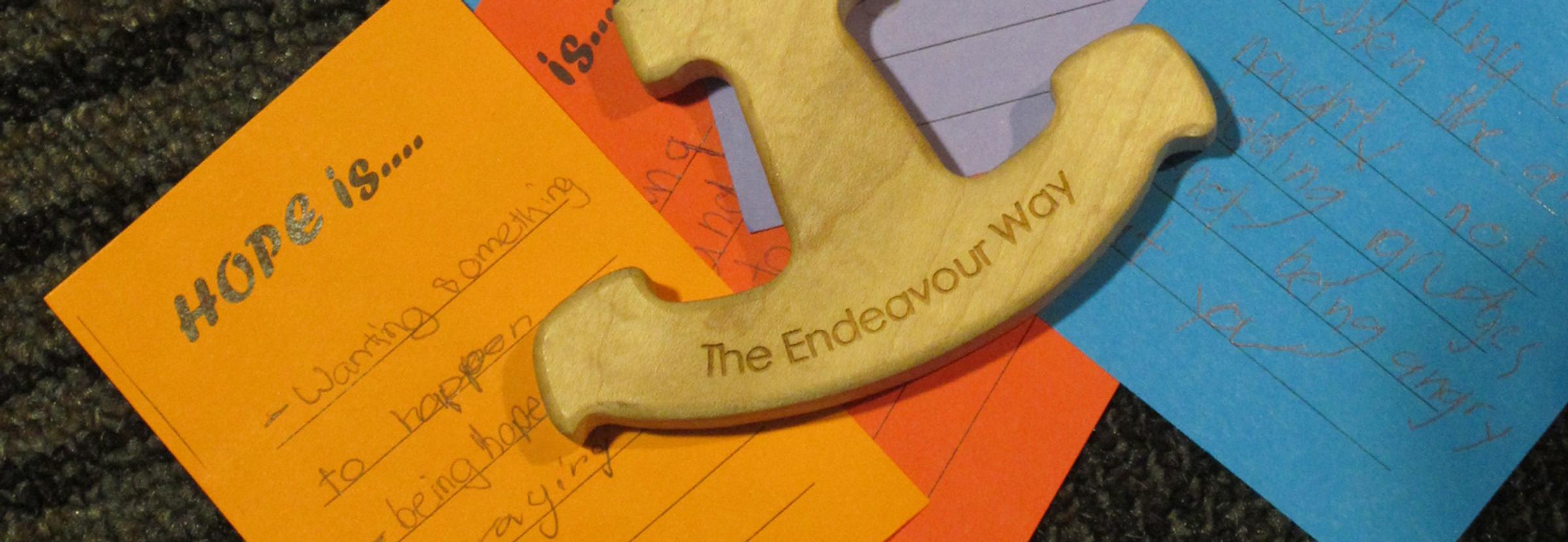From the College Chair

Last Saturday members of Endeavour Council were fortunate to have the opportunity to attend the Association of Independent Schools Governance Conference. Always a challenging and thought provoking event, this one was particularly interesting in the light of the recent Gonski report[1] and the media coverage which followed its release. Once the domain of educational thinkers on the fringe, there now seems to be mainstream acceptance within education communities, if not governments, that the current system is broken. There is sound and substantial evidence that the type of schooling most of us experienced does not adequately prepare our children for their world. International writer, social innovator and conference key note speaker Charles Leadbeater summarised the difference in a way that I found helpful. He suggested that the education system must move from a knowledge paradigm to a learning paradigm. This made sense to me for two reasons. Firstly, a knowledge paradigm assumes a finite amount of knowledge and that assessment, which largely tests recall of this finite information, is valid. Neither of these propositions stand up to scrutiny. And secondly, the reality is that if I want to know something these days I google it, as do my children. We don’t need schools or teachers if all they are is an expensive alternative to google, and if the end result is that they turn out students whom Leadbeater describes as ‘second class robots’, in other words young people who only learn to do things that artificial intelligence can do better. None of us want that for our children.
So what does it mean for Endeavour College to transform into a school which operates from a learning paradigm rather than a knowledge paradigm? This is a very good question. Our principal and her staff wrestle with it in ongoing ways and it is a focus of the emerging conversation about the future shape of senior schooling at Endeavour. The research suggests that a learning paradigm supports a dynamic interaction of knowledge, agency (ownership of personal learning), social and personal attributes with the aim of graduating students who are purposeful, responsible, reflective and capable of assuming power. It is not the role of council to interfere with the day to day operation of the school, but it is our role, along with that of the wider parent body, to interrogate the paradigms which shape the learning practice and the student outcomes, and to support the professional educators in their efforts to develop learners who are more than knowledge recallers.
At one point during the conference Leadbeater was asked what was stopping schools transforming to a learning paradigm. His answer? “The cartels of fear.” Mr Sloan’s Year 11 English class would probably identify this as an example of Aristotle’s rhetorical method of pathos, an appeal to emotion designed to cloud rational judgement. Perhaps it is, but it is also possible that Leadbeater is right. I don’t think we want fear driven education paradigms at Endeavour College. What we do want is data driven, research based, forward thinking learning and teaching practices that are going to serve our children well. The connected primary schools are well down the path of defining what this means for them. We are fortunate to be able to tap their expertise in addition to that which resides within our College. It is an exciting time for education in this country and globally. As a council we look forward with anticipation to what this might mean for us at Endeavour College.
Merryn Ruwoldt
College Council Chair
[1] The report can be accessed at https://www.education.gov.au/review-achieve-educational-excellence-australian-schools
